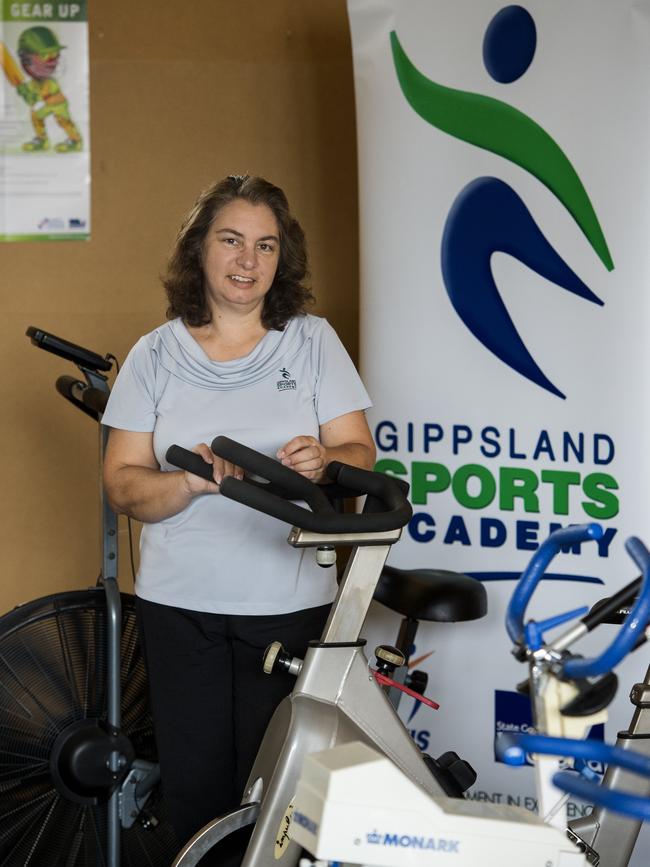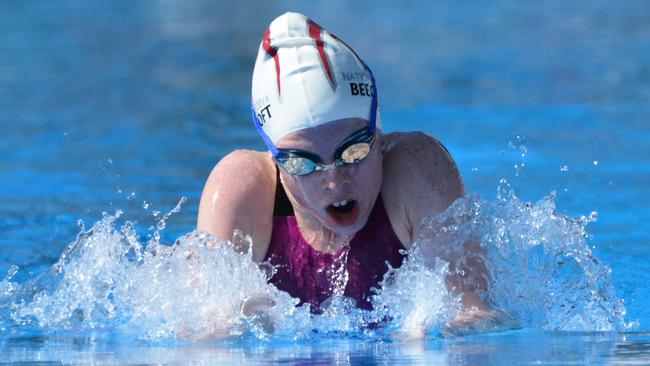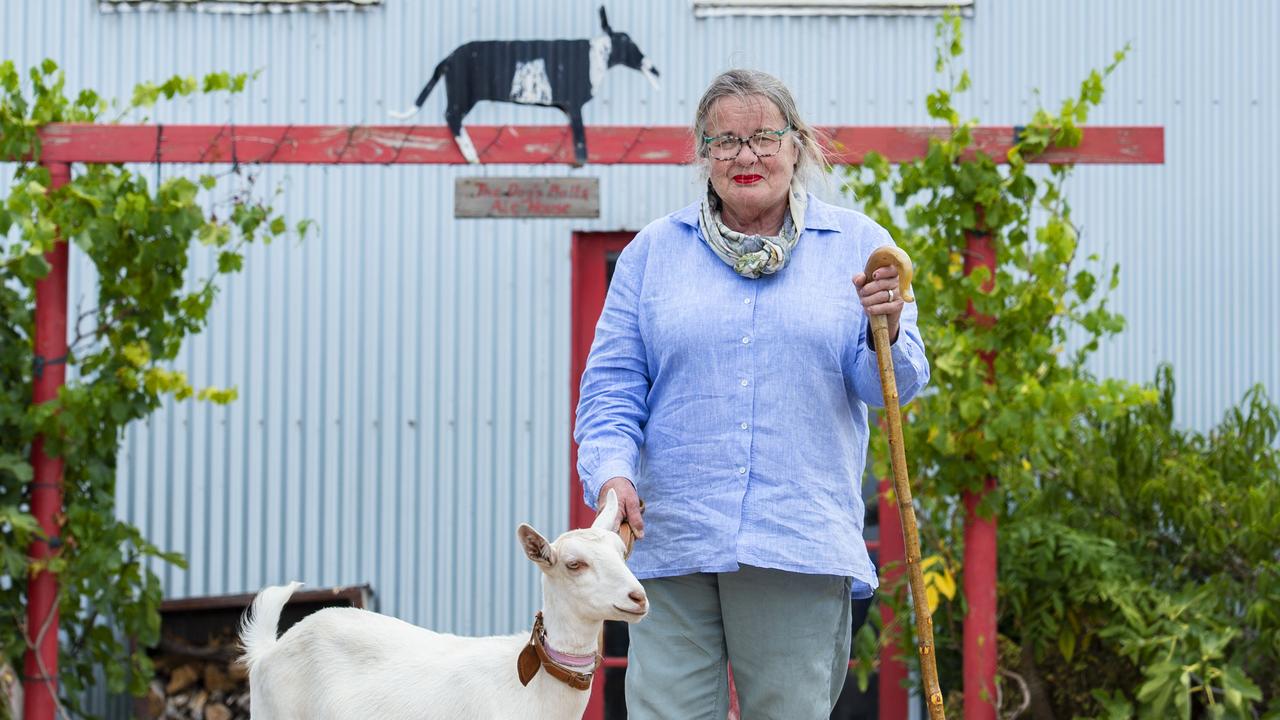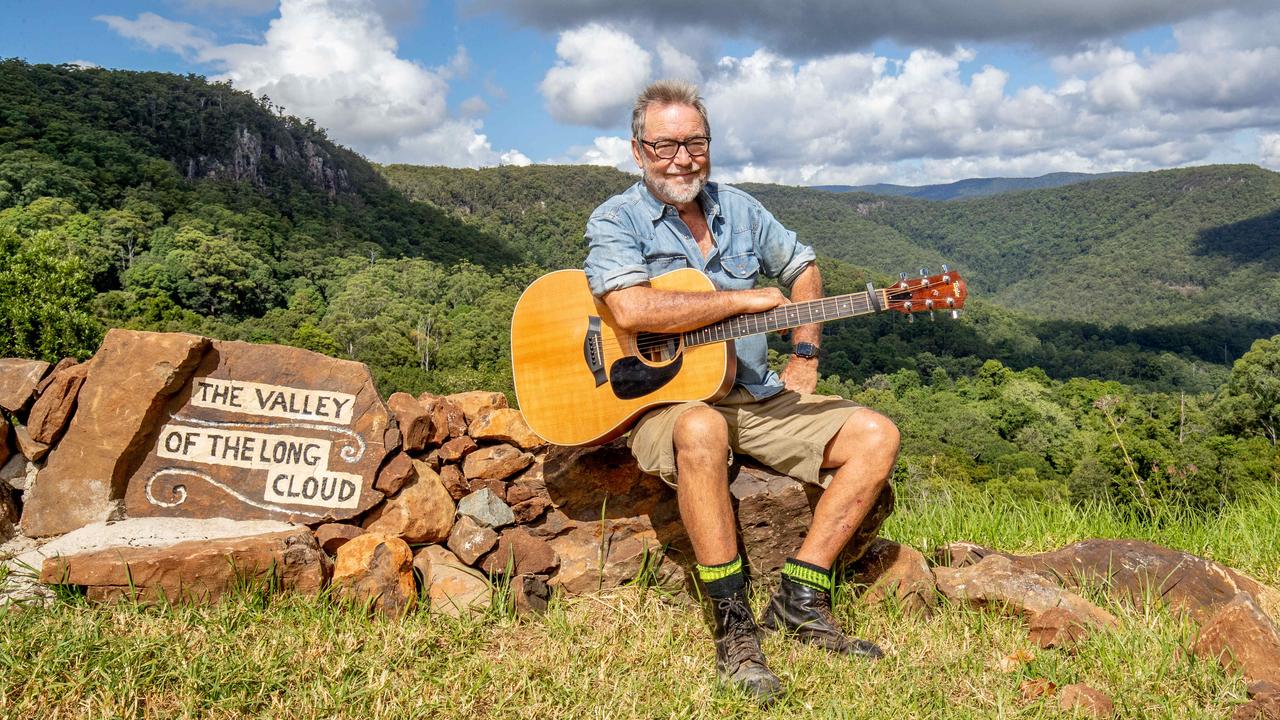Rural Victoria’s sports academies nurture stars of the future
Every four years (barring global pandemics) the eyes of the world are on the Olympics. But before that, these country kids will have put in the hard yards with the support from their local academy.
EVERY four years (with the exception of global pandemics) the eyes of the world are on the Olympic Games.
But before all the glamour, adulation and fanfare comes the hard work — and for most athletes that begins at a young age.
Rural kids aged 12 to 18 who excel in their field can at any time get a tap on the shoulder to be invited to join one of six sports academies dotted around regional Victoria, all dedicated to nurturing future competitive stars: Gippsland, Sunraysia, Bendigo, Barwon, South West and Western.
The Gippsland Sports Academy was one of the first to be established, back in 1997, and executive officer Anita Pistrin says the academies have been crucial in giving rural kids the same competitive edge as their city cousins.
“Back then, if a young athlete got to a certain level then all their additional training had to be done in Melbourne,” Anita says.
“So the intention with the academies was to bring a specialist level to rural areas.”
Anita says their results “speak for themselves”, with many of the Gippsland Sports Academy’s alumni making it to an elite level, including Paralympic swimmers Amanda Drennan (Athens 2004 and Beijing 2008) and Lichelle Clarke (Athens), and fellow swimmer Ashley Delaney (Beijing). Golfer Anthony Brown is a patron of the sport and Josh Charlton went on to play tennis in the US at college level.

“Last year nine of our netballers went on to the state talent academy and about six of our volleyballers went on to the state team,” Anita says.
While each of the six academies differs slightly in the sports offered and numbers of athletes, Anita says all come under the umbrella of the Victorian Institute of Sport, which offers advice and experts on coaching, nutrition, psychology and even drug education.
“The academy is not a grassroots club — it’s for athletes on a high-performance pathway, so yes you get a tap on the shoulder to be invited to join an academy,” Anita explains. “From the start our athletes are screened by a physio and given a home program, also each month given strength and conditioning training, in addition to our other programs.”
Gippsland’s academy has eight sports and more than 180 athletes from the NSW border to Pakenham. One of the most popular sports is netball, which includes an umpire training program. A new sport starting this year is soccer, while boxing is a pilot program started last year.
The academy has just three staff who oversee management, and sports facilities across Gippsland are used. With swimming, for instance, training this season is at pools in Leongatha, Warragul and Churchill.
Traralgon’s Emily Beecroft started competitive national swimming from 12. At that age, she also became a member of the Gippsland Sports Academy.
The now 20-year-old was training eight times a week at the Morwell and Churchill Leisure Centres, swimming from 5.30am-7.30am each morning, as well as at night, in addition to five sessions per week at the gym, running or pilates — all up about 20 hours.
Born with a radial limb deficiency, Emily is a Paralympian, which means she has to work that bit harder.

“I think swimming is one of the hardest sports. Most people say they get used to the regimen, but I still find it hard,” says Emily, who was born a triplet, but is the only competitive swimmer.
“My favourite part is the friendships. Even though it’s an individual sport, it’s very inclusive.”
She attended her first Paralympics in Rio at the age of 16, a “mind-blowing experience”, and hopes to qualify for Tokyo’s Olympics, now postponed to 2021.
Emily says “for sure” country kids are at a disadvantage to their city competitors, not just in travel times, but also facilities, with 25m pools in Gippsland compared to 50m competition pools in Melbourne.
She says the academy offers an edge, including mini-training camps throughout the year, which includes training in 50m pools.
Anita understands all too well the dedication of young athletes.
She herself was a keen sportsperson — in water polo, netball and swimming — and now two of her children are also at the elite level, working with the academy’s coaches, her 17-year-old daughter in swimming and her 15-year-old daughter in soccer.
“I know what it takes on a personal level. Some of these kids are in Years 10, 11 and 12 and the swimmers, for instance, train 20 hours a week and tennis players every night, which is all on top of their schooling. Clay target shooting is a big commitment, with at least one parent required to have a gun license, the shells and targets are expensive and they have to travel all around the state for competition.
“All our athletes work incredibly hard and deserve success.”
MORE


